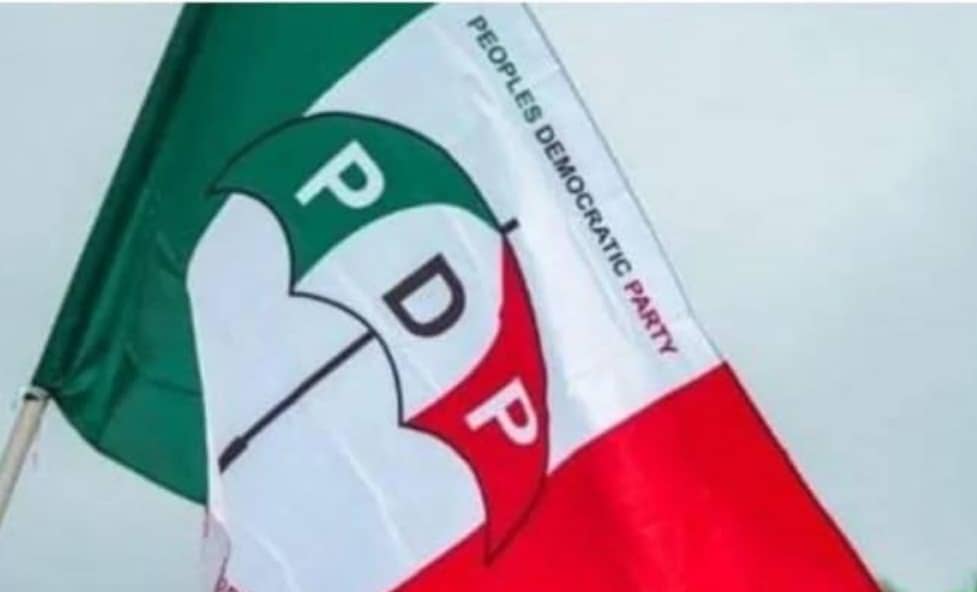The Nigerian Upstream Petroleum Regulatory Commission (NUPRC) has reiterated its commitment to upholding an anti-corruption stance and maintaining zero tolerance for corrupt practices in its interactions with other entities. The commission, established under the Petroleum Industry Act (PIA) 2021, has affirmed its dedication to visibly operating as an anti-corruption entity.
Gbenga Komolafe, the Chief Executive of the commission, delivered this message on Thursday in Abuja during a sensitisation session on anti-corruption and transparency guidelines for NUPRC personnel. The event, which was organised by the Independent Corrupt Practices and Other Related Offences Commission (ICPC), precedes the establishment and inauguration of the Anti-Corruption and Transparency Unit (ACTU) within the commission.
ACTU, an initiative of the ICPC endorsed by the Federal Executive Council (FEC) in 2001, serves as an internal mechanism aimed at combating corruption and fostering ethical standards within organisations.
At the sensitisation session, ICPC officials, led by Adebayo Obaniyi, the Acting Director of the System Study and Review Department, were in attendance. Mr. Komolafe emphasized the importance of the forum in enlightening the commission about the compliance requirements with anti-corruption guidelines as mandated by the ICPC, in preparation for the inauguration of the ACTU committee.
Mr. Komolafe stated, “As a revenue-generating organisation, we are committed to openness, transparency, and the integration of anti-corruption principles in our collaborations with other agencies. Under my leadership, we will maintain transparency and ensure that NUPRC remains free from corruption, while actively engaging with the ICPC and other anti-corruption bodies.”
Expressing his eagerness to cooperate with the ICPC, Mr. Komolafe charged all staff members to uphold a stance of zero tolerance for corruption within the commission.
In his address, Goddy Ineh, the Head of Servicom at NUPRC, highlighted the significance of the commission’s compliance with ICPC guidelines, underscoring its role as a revenue-generating arm of the government. He also conveyed gratitude to the Chief Executive for instituting the ACTU, expressing satisfaction with the transparent and anti-corruption unit.
During a lecture titled “Essence, Structure, and Role of ACTU in MDAs,” Mr. Obaniyi emphasized the necessity for both management and staff to embrace the ACTU concept and contribute to its success. He stressed that individuals involved in the ACTU must demonstrate a high level of integrity, as it serves as the ICPC’s engagement platform within the public sector.
“ACTU is not a tool for intimidating staff, witch-hunting, or challenging management, but staff members must receive support when necessary. It guides management on the due process in procurement, promotion, and discipline, among other functions,” Mr. Obaniyi added.
NAN



